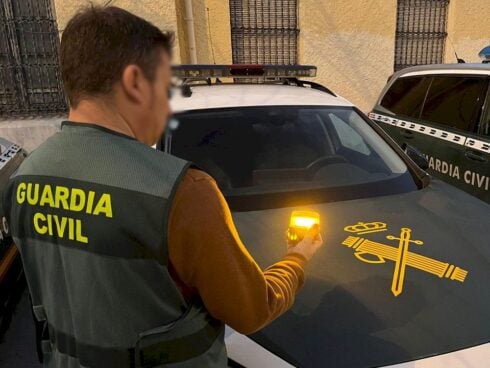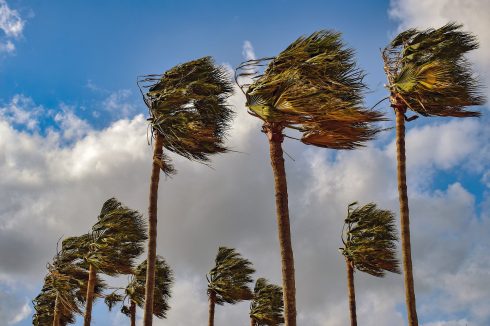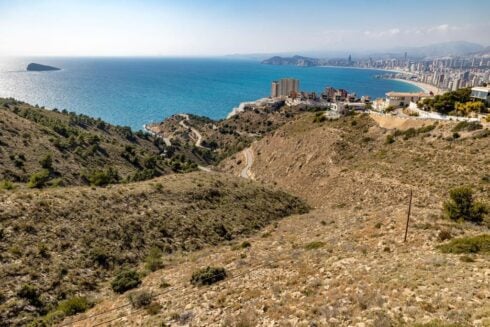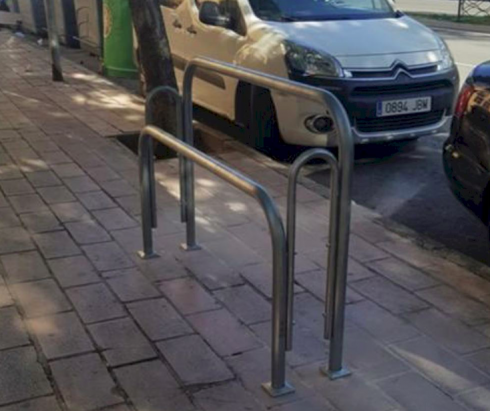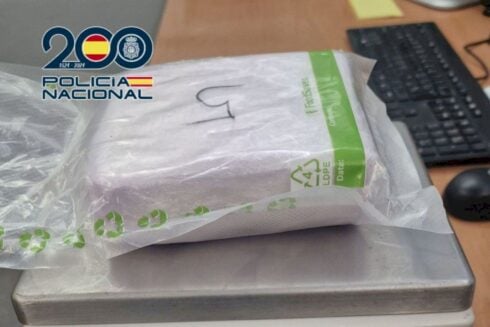SPAIN and Belgium are the main points of entry of cocaine into Europe and business has never been better for drug traffickers.
According to a new EU report, while Spain has been displaced by Belgium for the first time, the narcotics industry is still growing in both.
And according to the European Monitoring Centre for Drugs and Drug Addiction (EMCDDA), the port of Algeciras is among the top cocaine entry points, along with Antwerp.
Despite record seizures this year, trafficking inside containers destined for European ports is still the most common transport method.

“Maritime containers continue to be the main means of transport used to smuggle cocaine into Europe and quantities per container appear to have increased,” the report reads.
“However, other traffic methods are still important.
“Cocaine is sent to Europe from the producing countries of South America both by air and by sea using different methods and routes.
“The largest quantities of cocaine can now be smuggled into Europe, hidden in shipping containers, which leave South America, particularly Brazil, Colombia and Ecuador, and go to large European ports, such as Antwerp and Algeciras.”
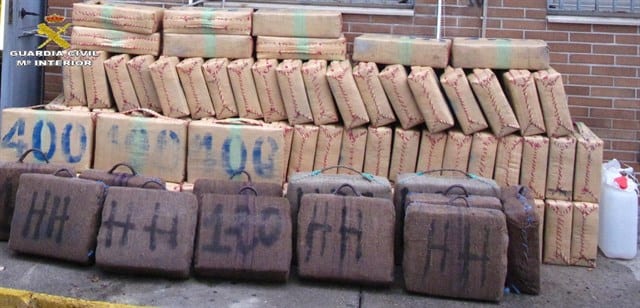
It added that another popular route is via the Caribbean or West Africa, including islands such as Cape Verde.
North Africa is also emerging as an important transit area, however Spain and Belgium still account for around 60% of the cocaine found in Europe.
The report continues: “Most of the cocaine available in Europe continues to be smuggled into the largest container ports in Europe, located in Belgium (Antwerp), Spain (Algeciras and Valencia) and the Netherlands (Rotterdam).
“However, other ports, in France (Le Havre), Germany (Hamburg) and Italy (Gioia Tauro), have also become important cocaine entry points.

“In addition, larger quantities of cocaine are being shipped from South America to smaller ports in the EU, where security measures may be less stringent, such as Malta Freeport (Malta), Montoir-de-Bretagne (France), Vlissingen (Netherlands), Marin (Spain) or Tilbury (United Kingdom).
“Smaller amounts of drugs are also still smuggled by air by individual messengers, in luggage and in cargo. Shipments are directed to all major European airports, as well as, increasingly, to secondary ones.
“In addition, transatlantic cocaine smuggling using private planes is a trend that seems to have accelerated in recent years. ”

The report also highlighted the role of corruption, citing the case of a Guardia Civil agent who was working for drug traffickers in Algeciras.
The mole helped just under nine tonnes of cocaine pass through the port in boxes of bananas in April last year.
The container was taken outside of the port where its cocaine-filled boxes were removed and replaced, before it was taken back to the port and re-sealed, ready for inspection.
But while some operational aspects remain the same, other parts are changing.
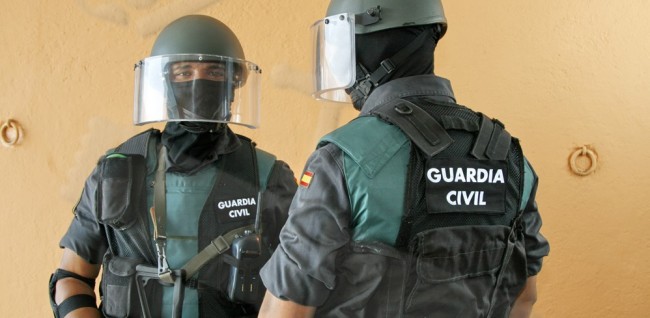
Specifically, organised crime groups in Europe are expanding their presence and are cutting out the suppliers, aka drug cartels, in South America.
“Before it was big cartels in Latin America which controlled the production and transport of drugs to Europe or the United States,” the report explains.
“Today, some criminal groups from Europe or the Balkans are heading directly to Latin America… they will talk to producers, make bulk purchases and negotiate prices. This also causes significant disturbances.”
And that violence is spilling onto the streets of the EU, with drug-related killings at an almost unprecedented high.
A lawyer involved in a court case against organised crime was most recently shot and killed on the streets of Holland.
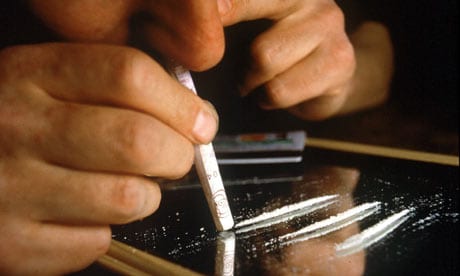
Meanwhile in Spain, a British man was shot and killed outside his property in Mijas last week, while the previous two months saw at least two more drug-related murders on the Costa del Sol.
It comes as the report reveals Europeans are now spending around €30 billion a year on illegal drugs.
Cannabis continues to be the most popular, with €11.6 billion being illegally spent on the drug.
However it is closely followed by cocaine (€9.1 billion), and then heroin and other opiates (€7.4 billion).
Production of cocaine has reached record levels in Latin America, as around four million Europeans between 15 and 64 admitted to using the drug within the last year, according to the report.
The price of cocaine has never been lower and it is also of a higher quality.
Spain, which continues to battle with the UK as the top cocaine user, has high consumption levels thanks to the availability of the product, the report said.
Click here to read more News from The Olive Press.

